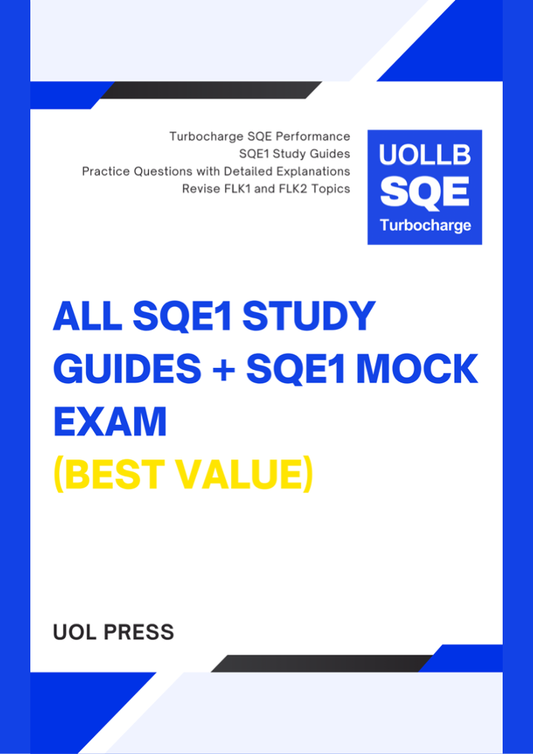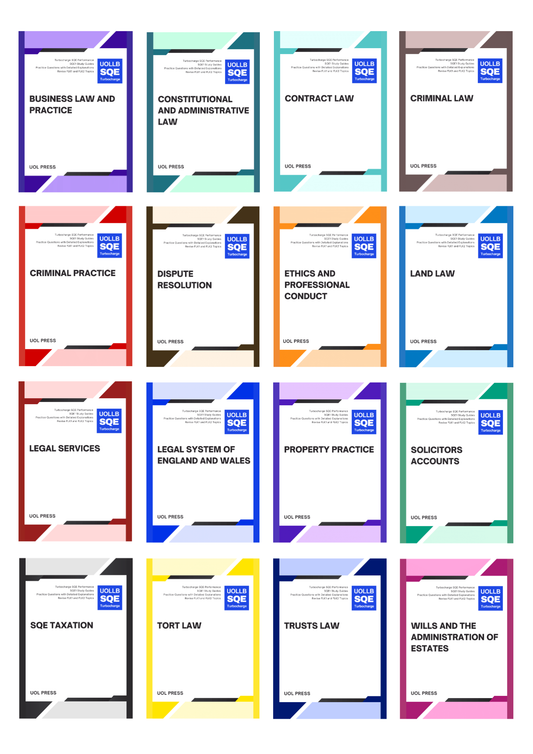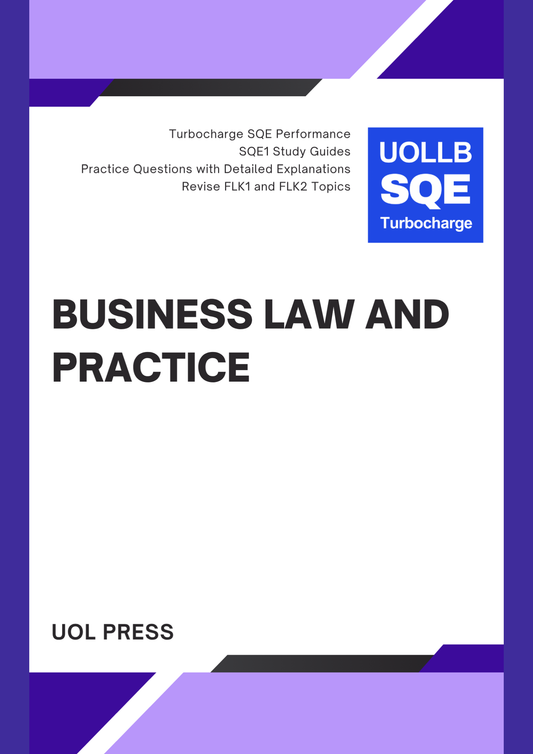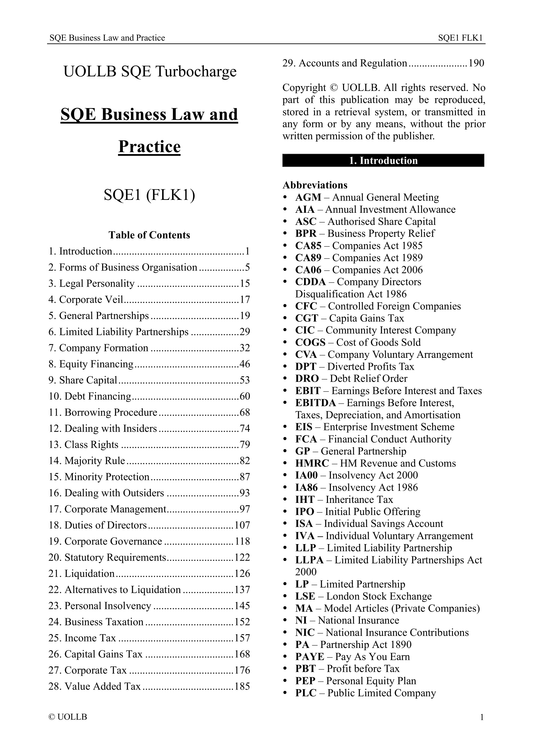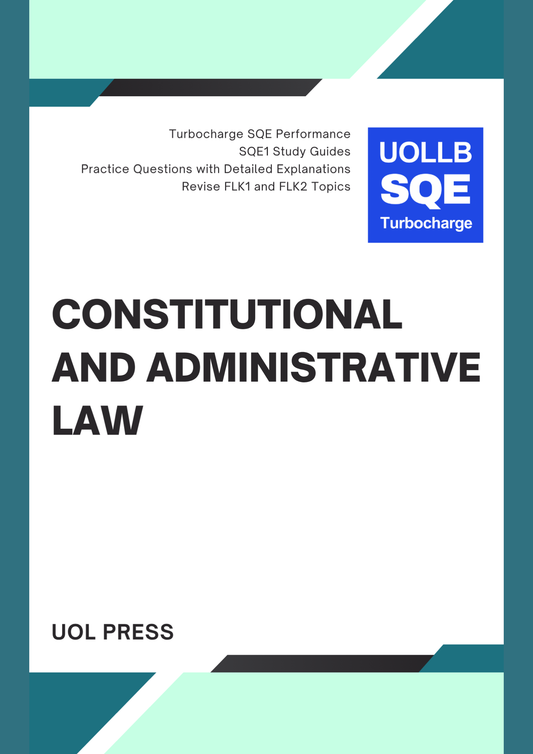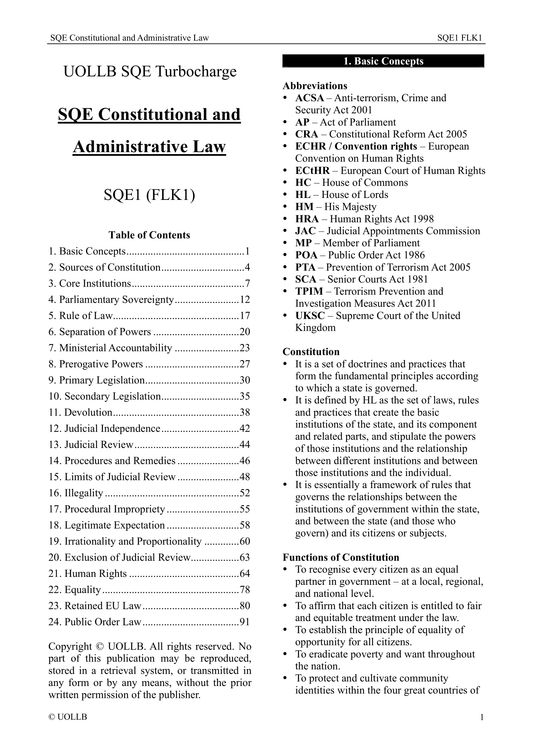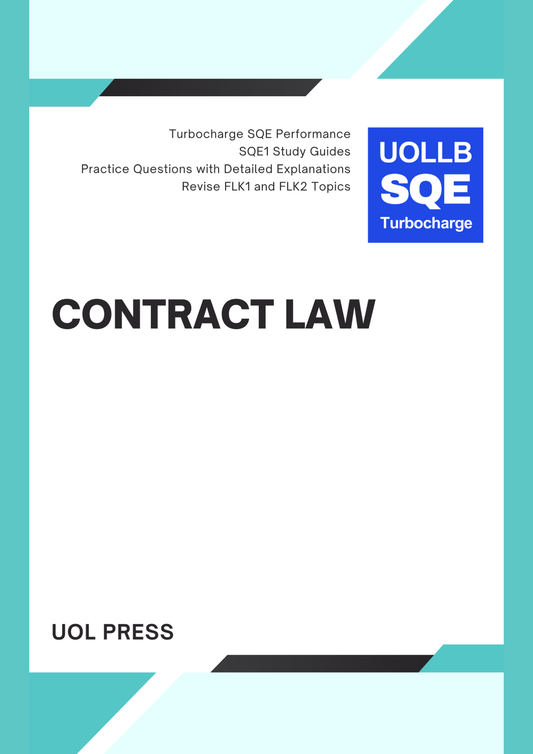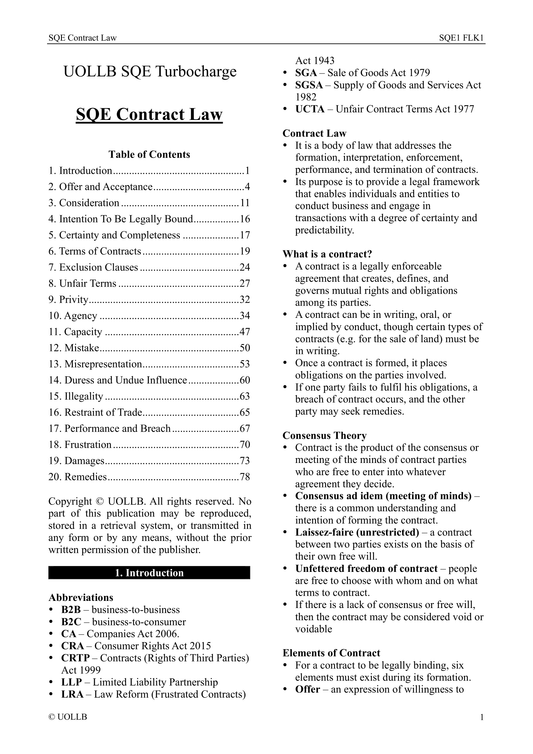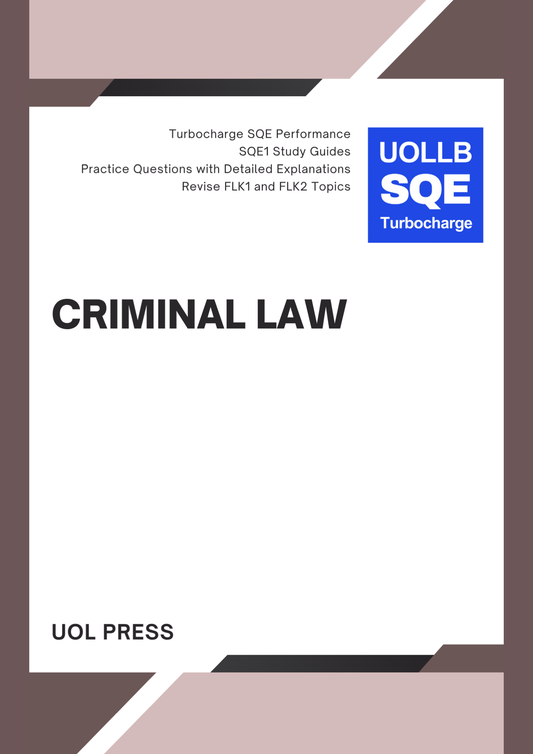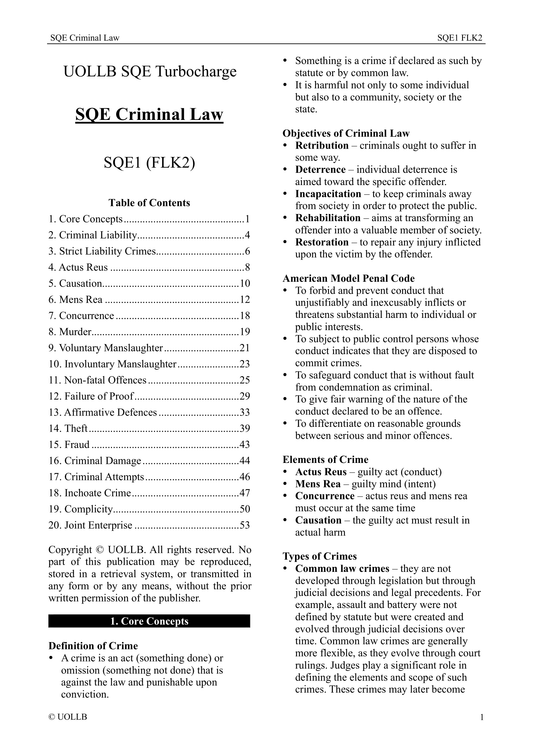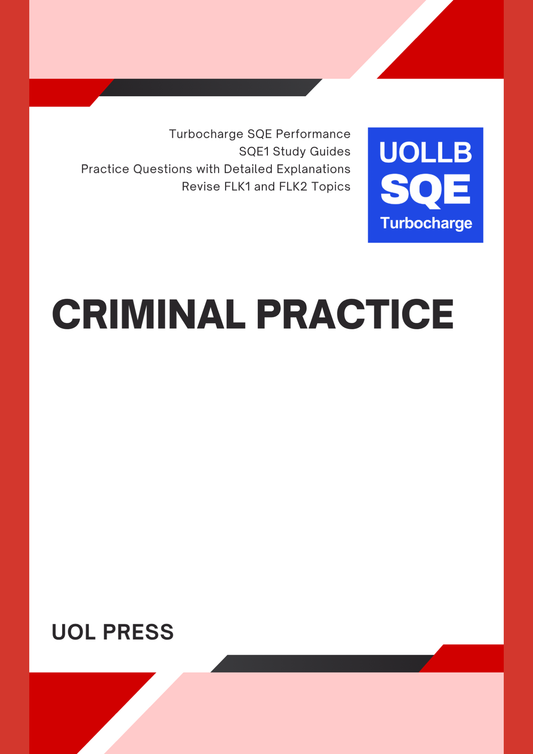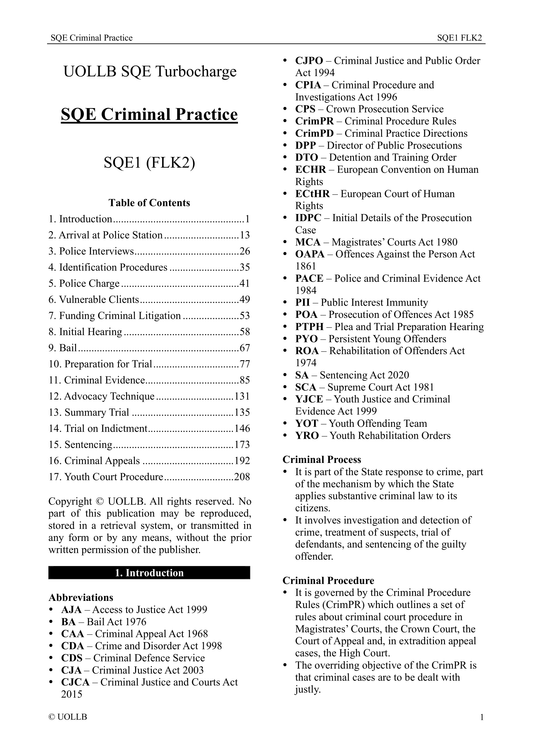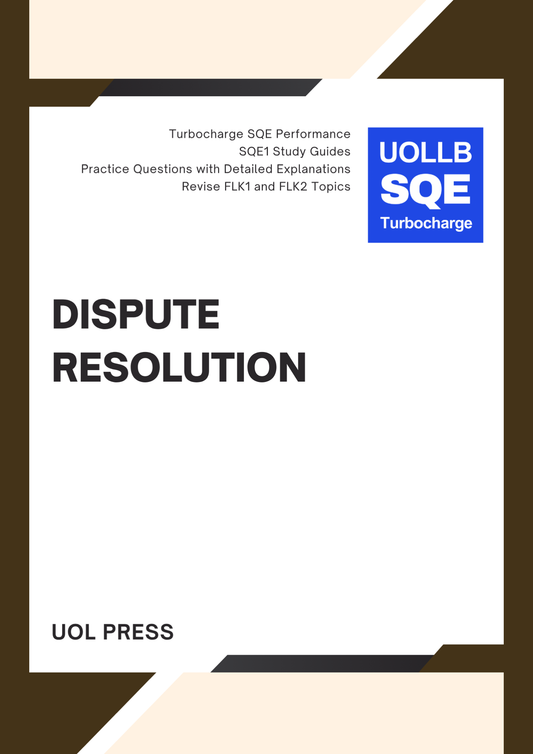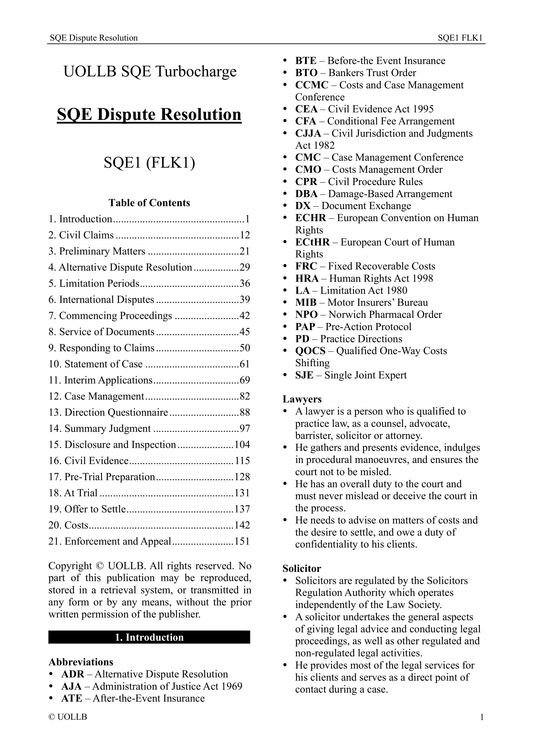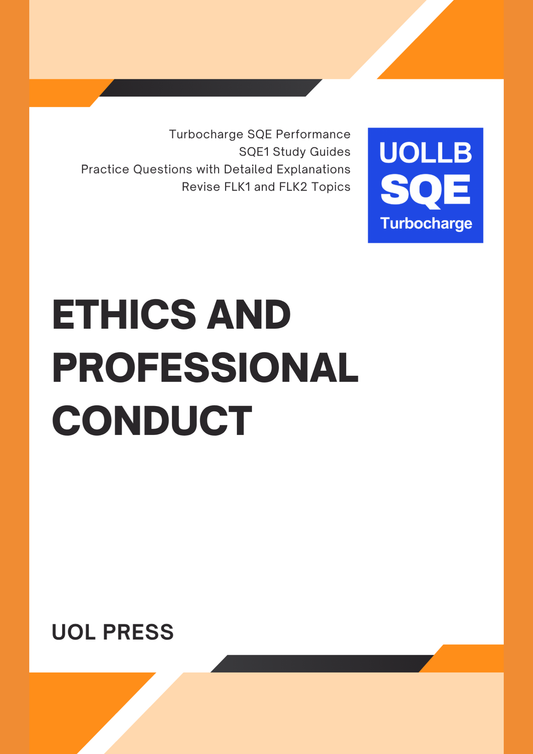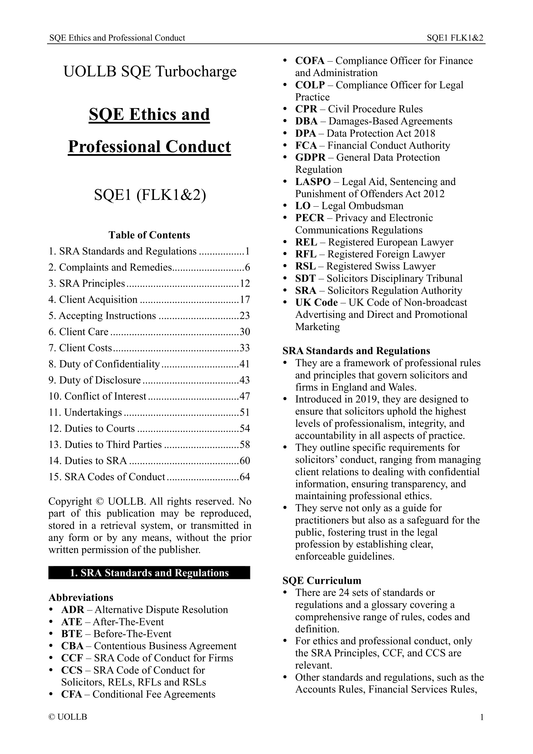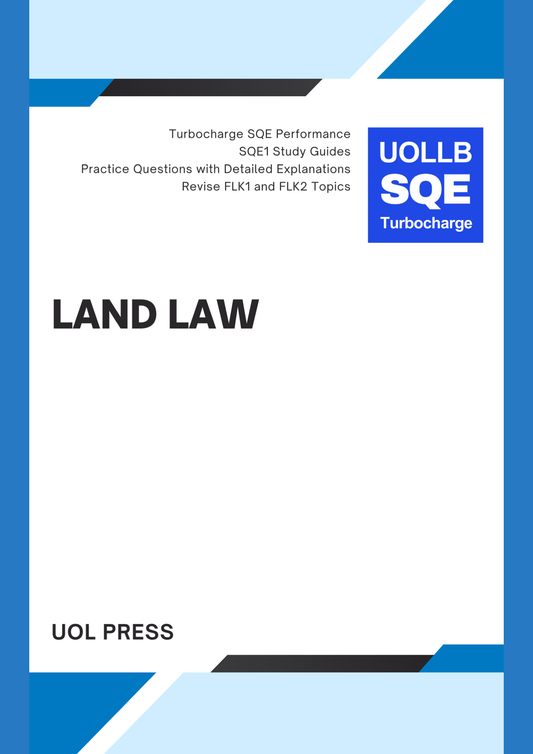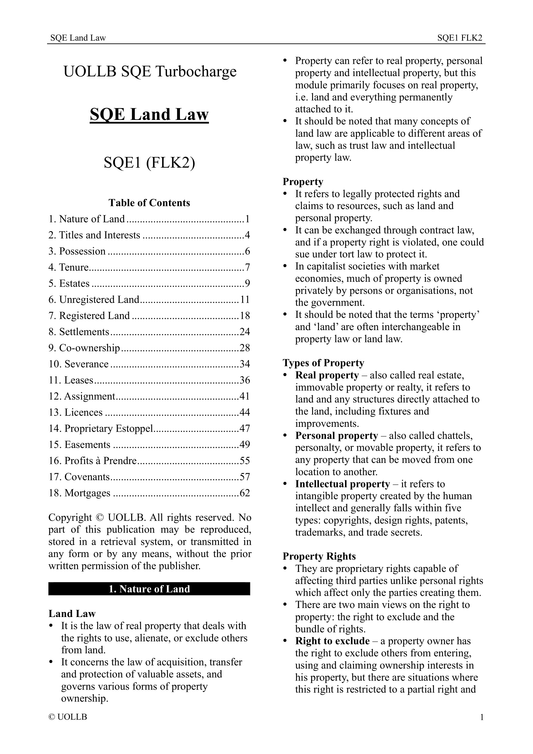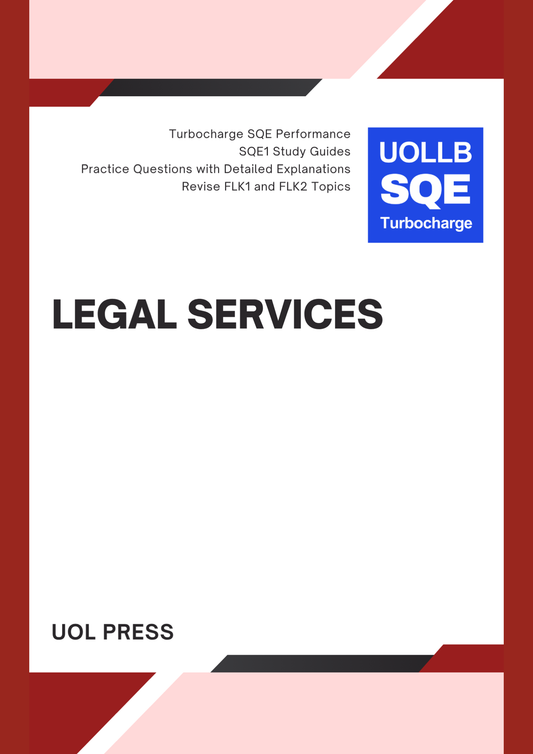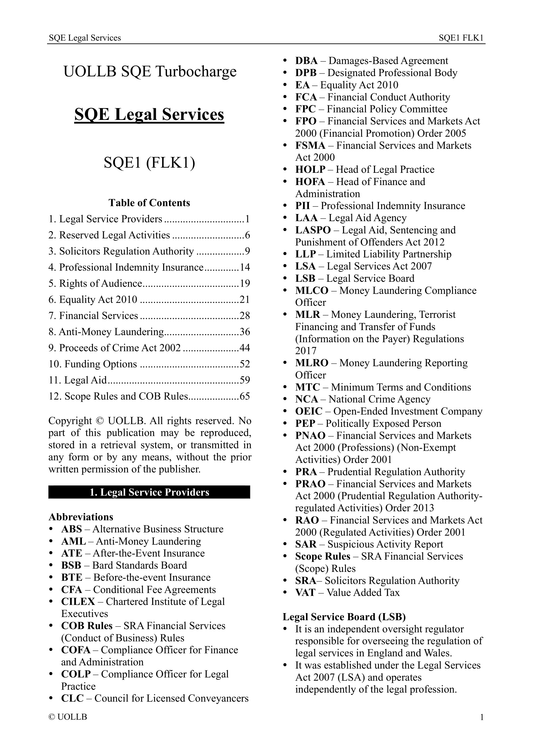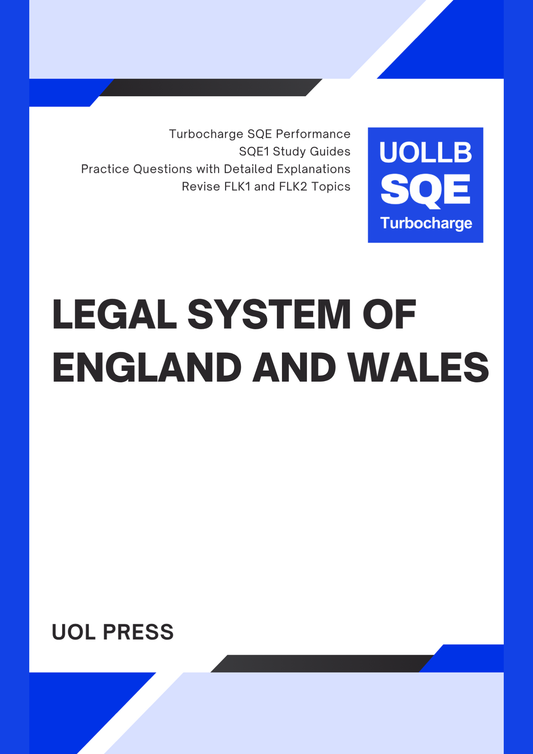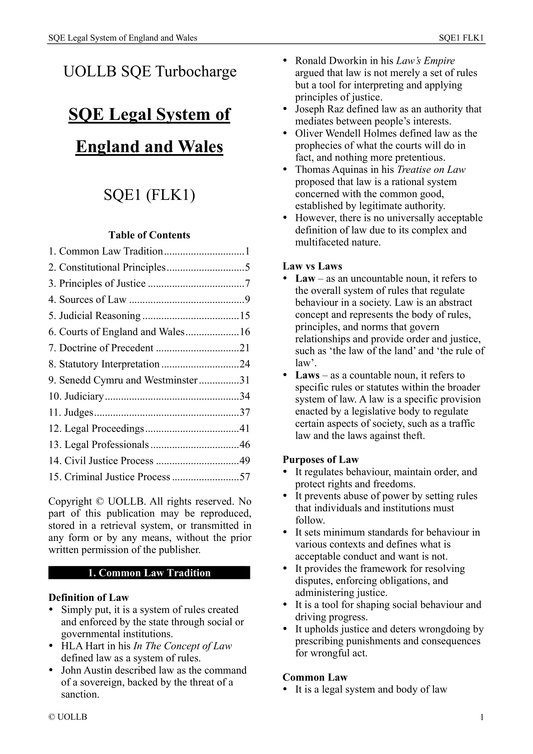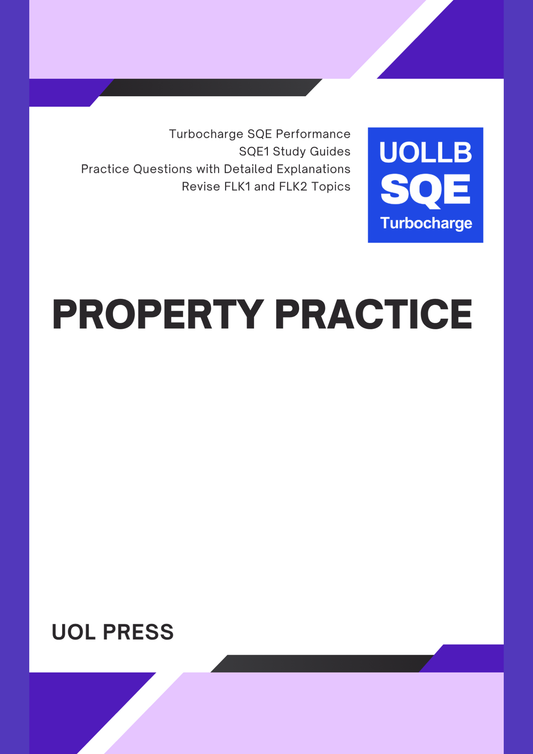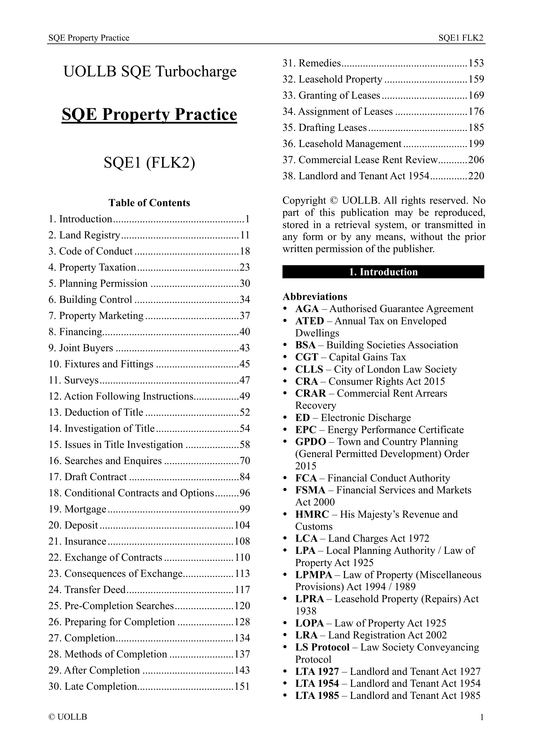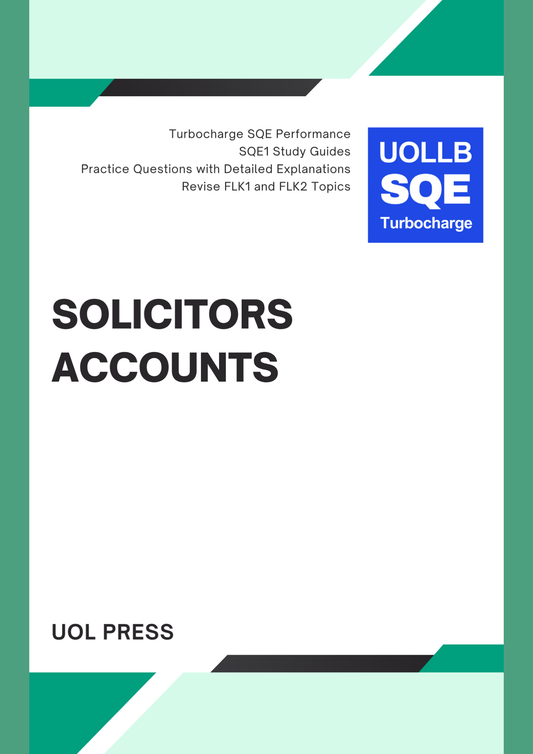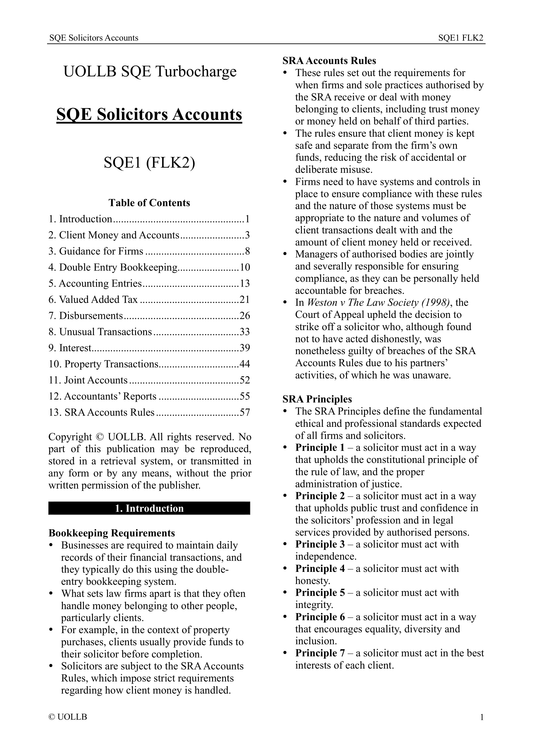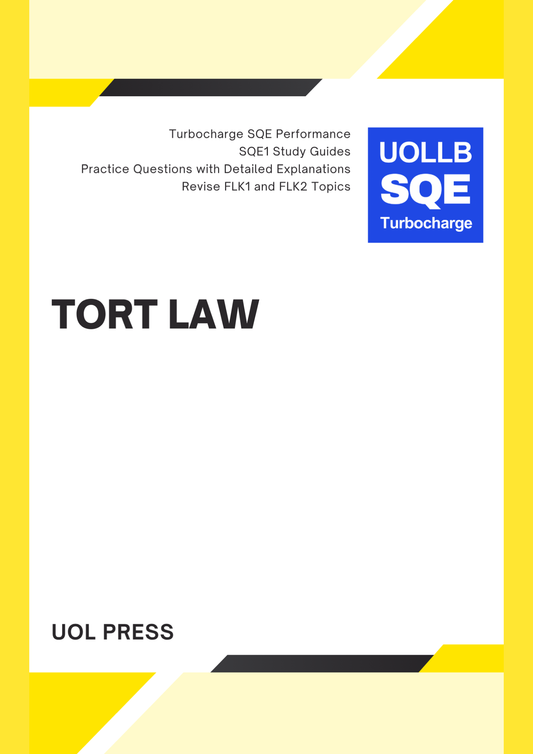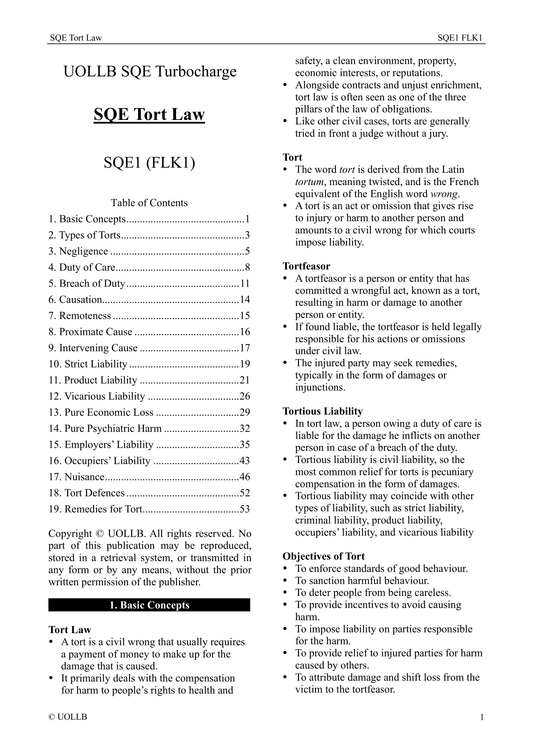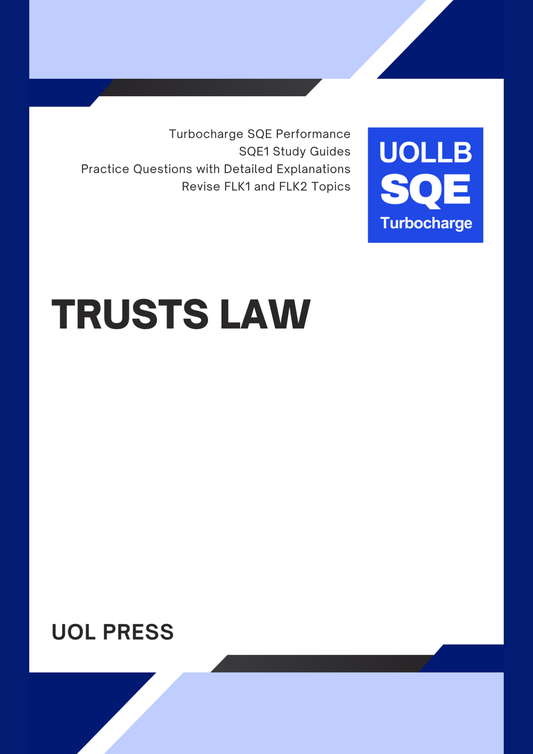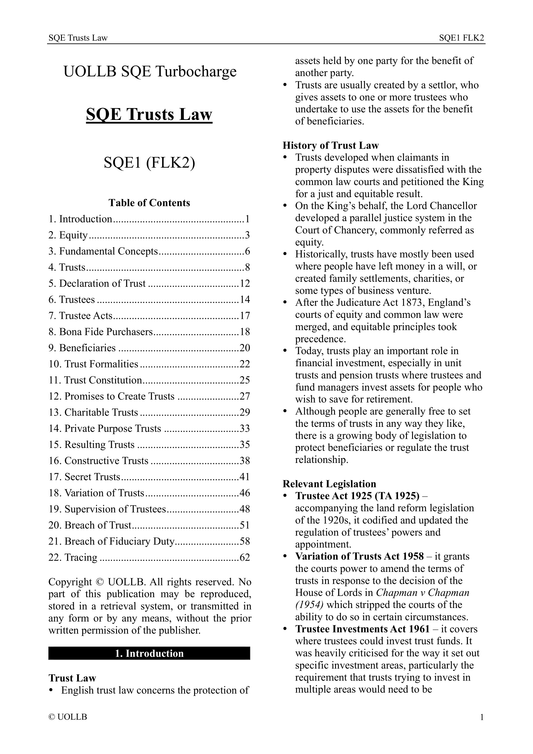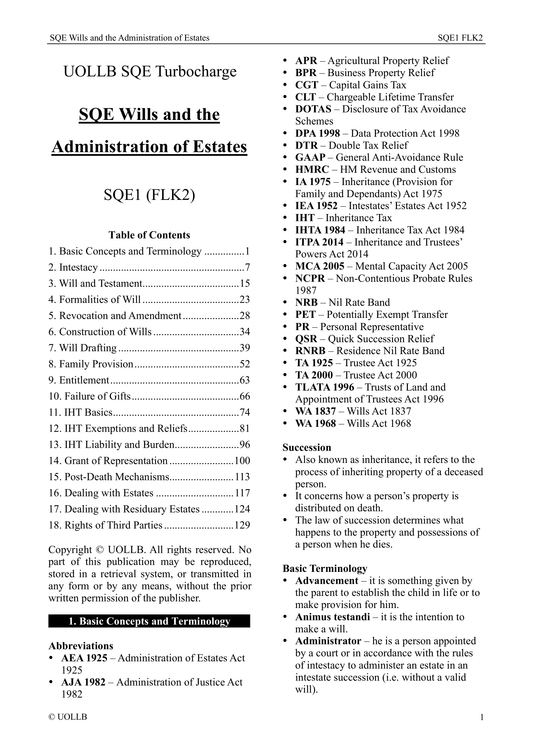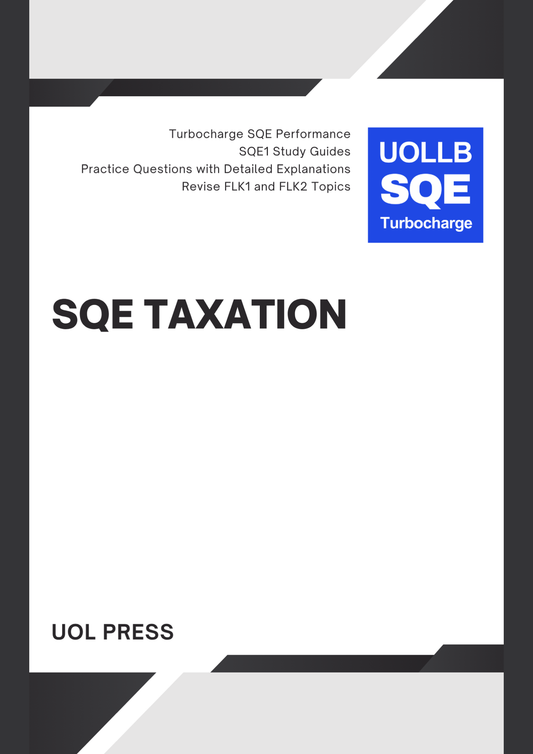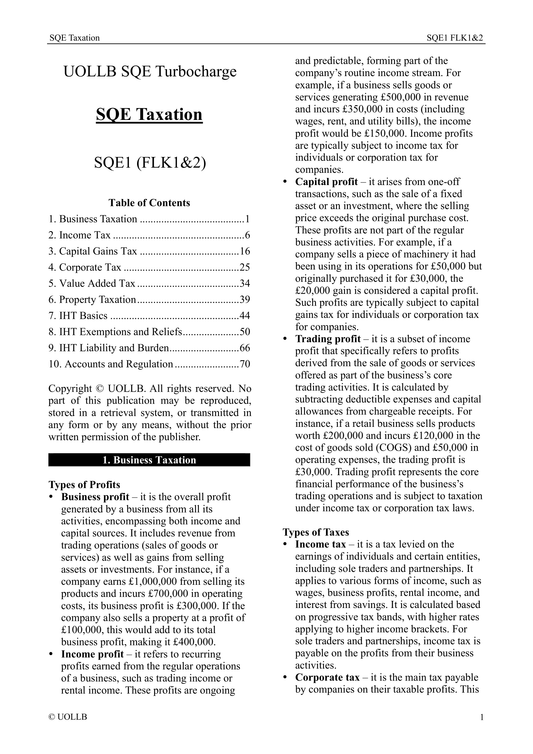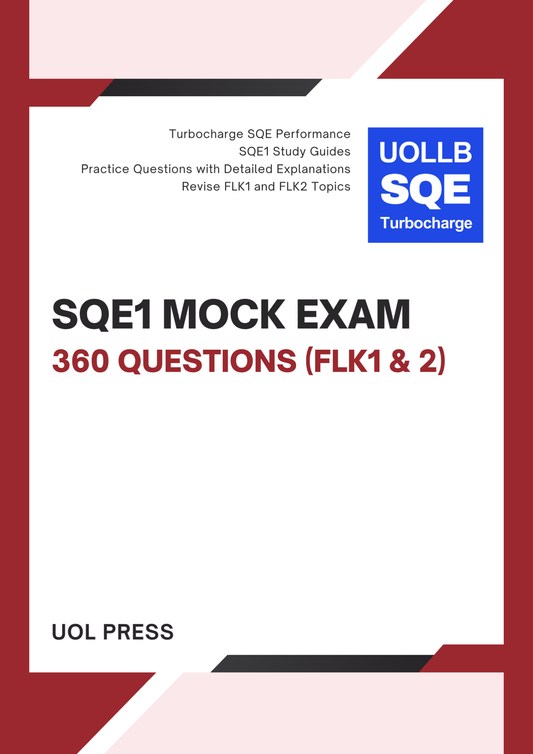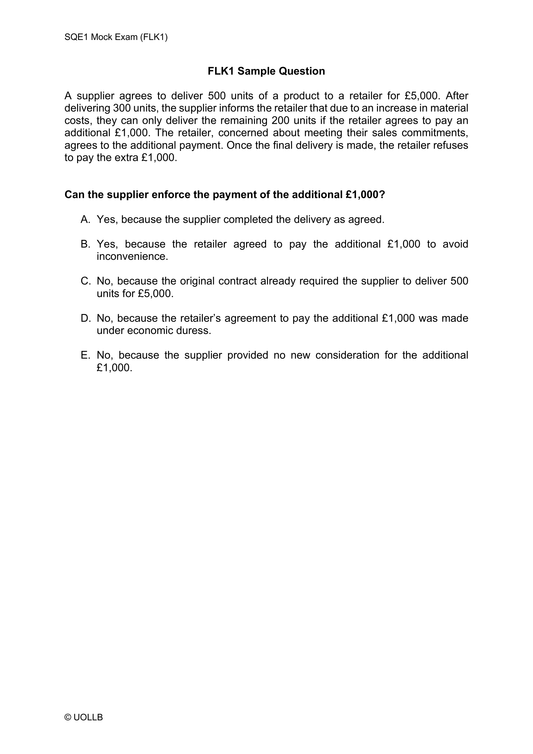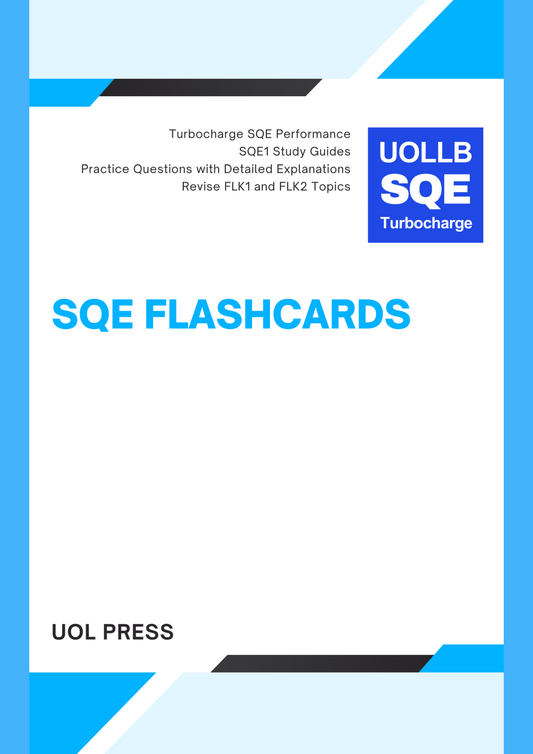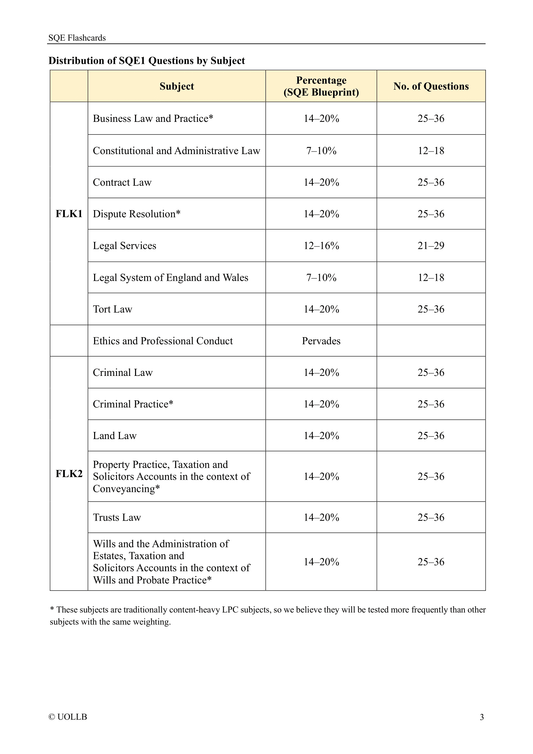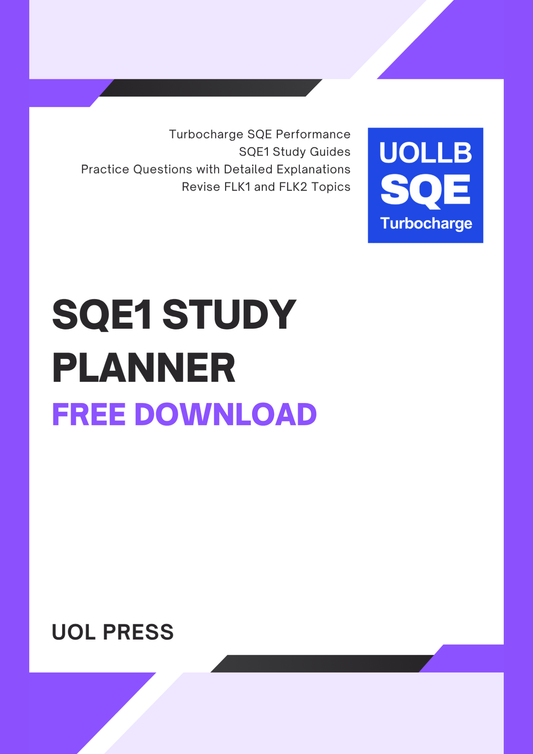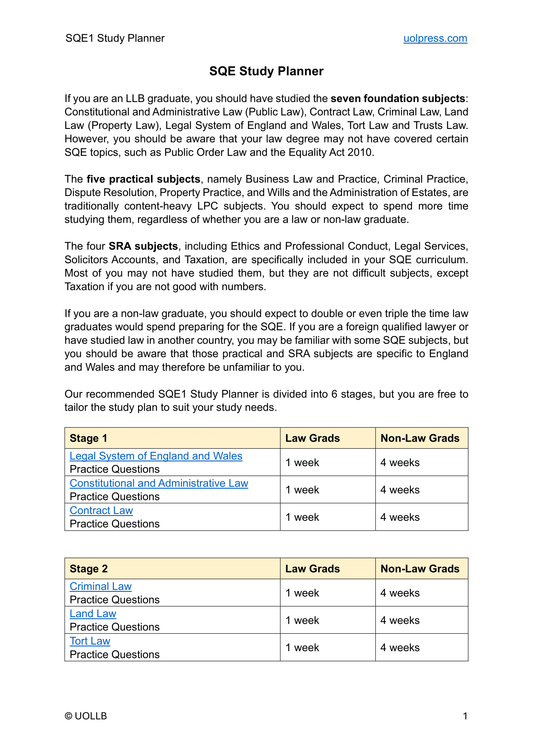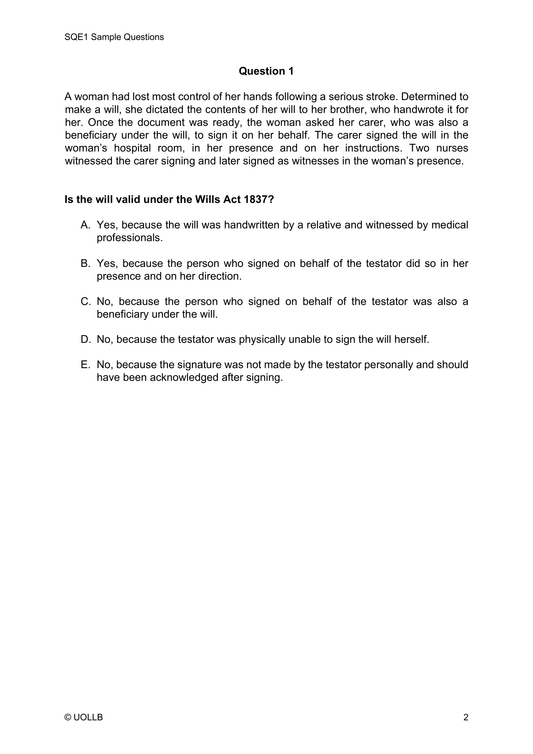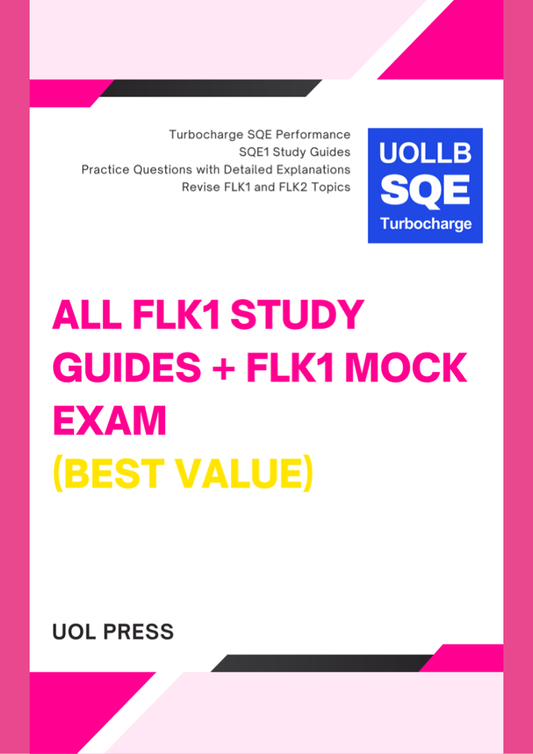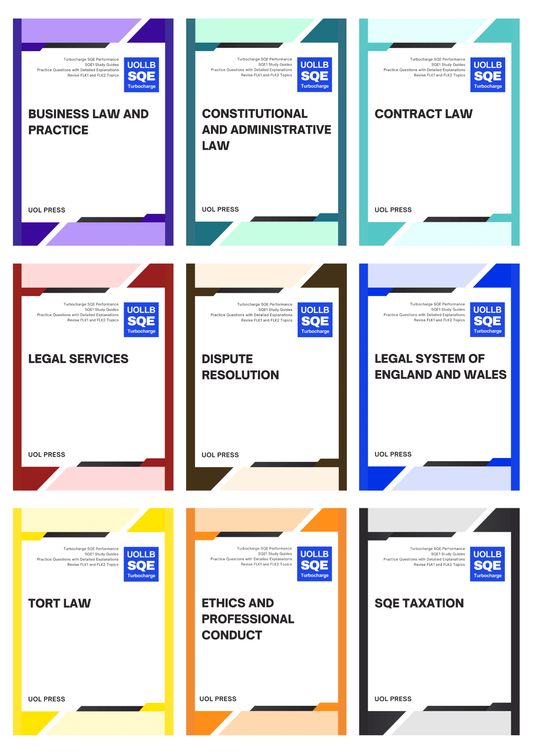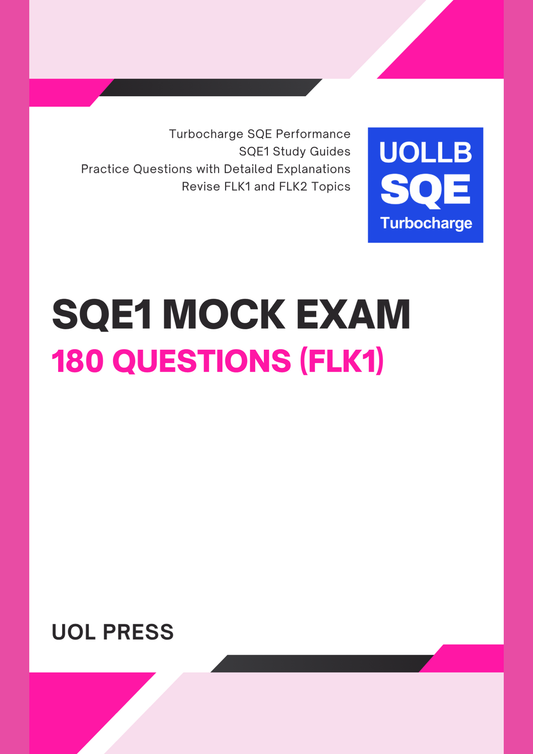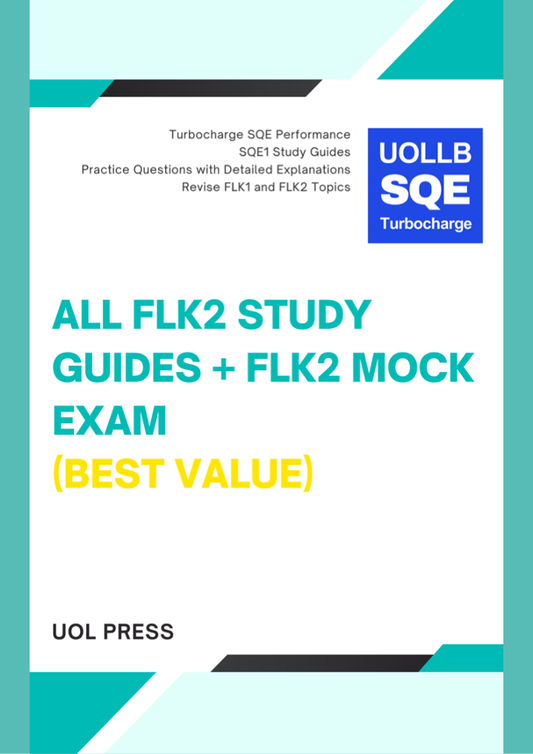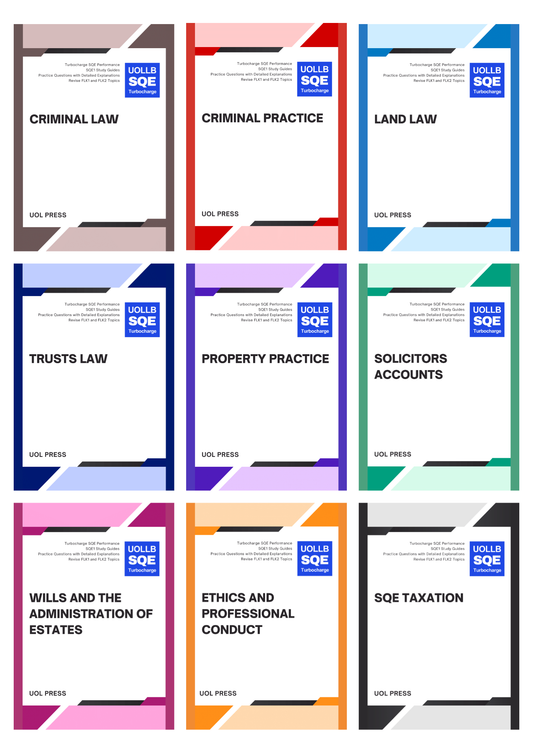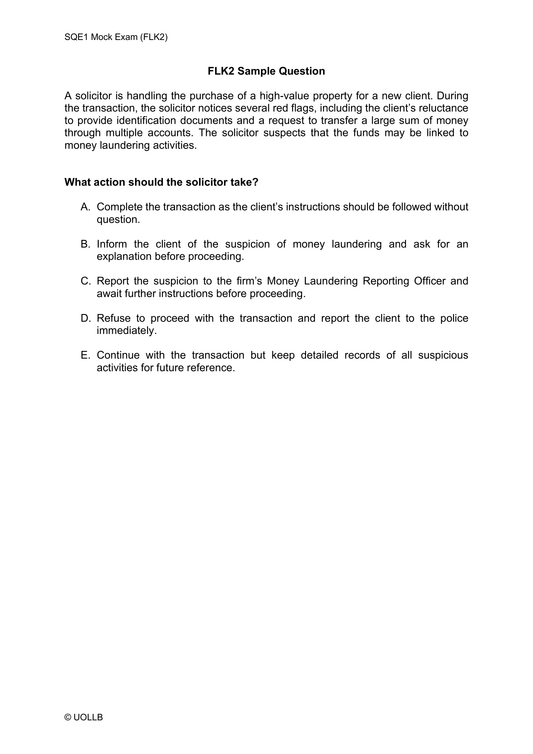Things to Think about during QWE Placement
Share
During your QWE placement, taking time for regular reflection can be a powerful way to enhance your development. This reflective process helps you and your supervisor identify both strengths and areas for improvement, guiding your progress and skill-building throughout the experience. Reflection could take many forms, such as formal appraisals, one-to-one meetings, or gathering feedback from various sources within the organisation. If you are in a student law clinic, for instance, feedback from a supervising tutor can offer valuable insights. This ongoing reflection benefits both you and your supervisor, creating space to identify specific areas where you can focus your growth and deepen your legal skills.
Professionalism is a core aspect of QWE, and understanding what it means to act ethically is crucial. Your placement should allow you to observe and practice standard ethical procedures, including conflict of interest checks, anti-money laundering protocols, and information security measures. Developing an awareness of these procedures not only sharpens your technical skills but also reinforces the importance of integrity in your professional conduct. Observing experienced practitioners handle complex or ethically challenging cases can be particularly instructive, as it gives you a real-world look at how the Codes of Conduct are applied in practice.
If, at any point, you feel your QWE is not progressing as hoped, it is important to communicate with your supervisor or another colleague involved in your training. If the issue relates to the nature of your work, consider requesting exposure to different tasks or types of legal matters. This can provide a more well-rounded experience and help you meet the competencies needed for qualification. You might also consider supplementing your QWE by volunteering at a law clinic or other legal setting, which can enrich your skills and provide additional learning opportunities. Remember, QWE allows for flexibility, and you can complete it across up to four different organisations, with placements that may be paid or unpaid. This adaptability means you can tailor your experience to maximise your learning and readiness for the SQE.
Professionalism is a core aspect of QWE, and understanding what it means to act ethically is crucial. Your placement should allow you to observe and practice standard ethical procedures, including conflict of interest checks, anti-money laundering protocols, and information security measures. Developing an awareness of these procedures not only sharpens your technical skills but also reinforces the importance of integrity in your professional conduct. Observing experienced practitioners handle complex or ethically challenging cases can be particularly instructive, as it gives you a real-world look at how the Codes of Conduct are applied in practice.
If, at any point, you feel your QWE is not progressing as hoped, it is important to communicate with your supervisor or another colleague involved in your training. If the issue relates to the nature of your work, consider requesting exposure to different tasks or types of legal matters. This can provide a more well-rounded experience and help you meet the competencies needed for qualification. You might also consider supplementing your QWE by volunteering at a law clinic or other legal setting, which can enrich your skills and provide additional learning opportunities. Remember, QWE allows for flexibility, and you can complete it across up to four different organisations, with placements that may be paid or unpaid. This adaptability means you can tailor your experience to maximise your learning and readiness for the SQE.
